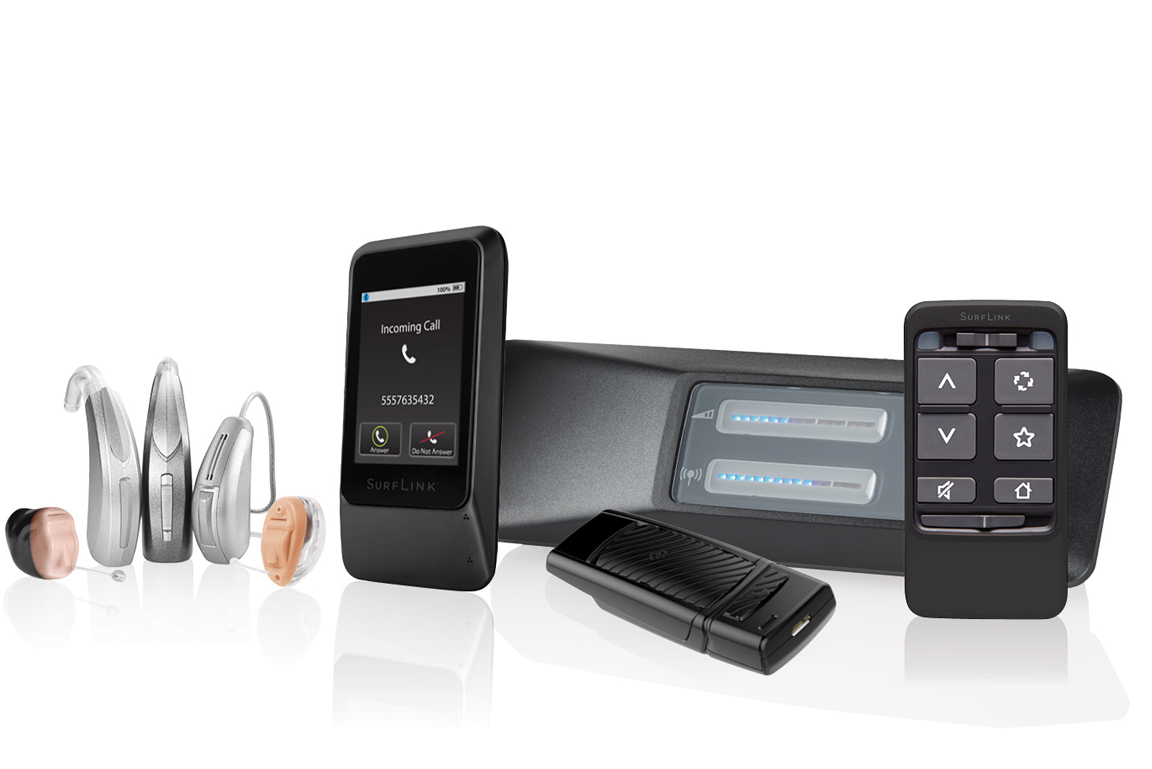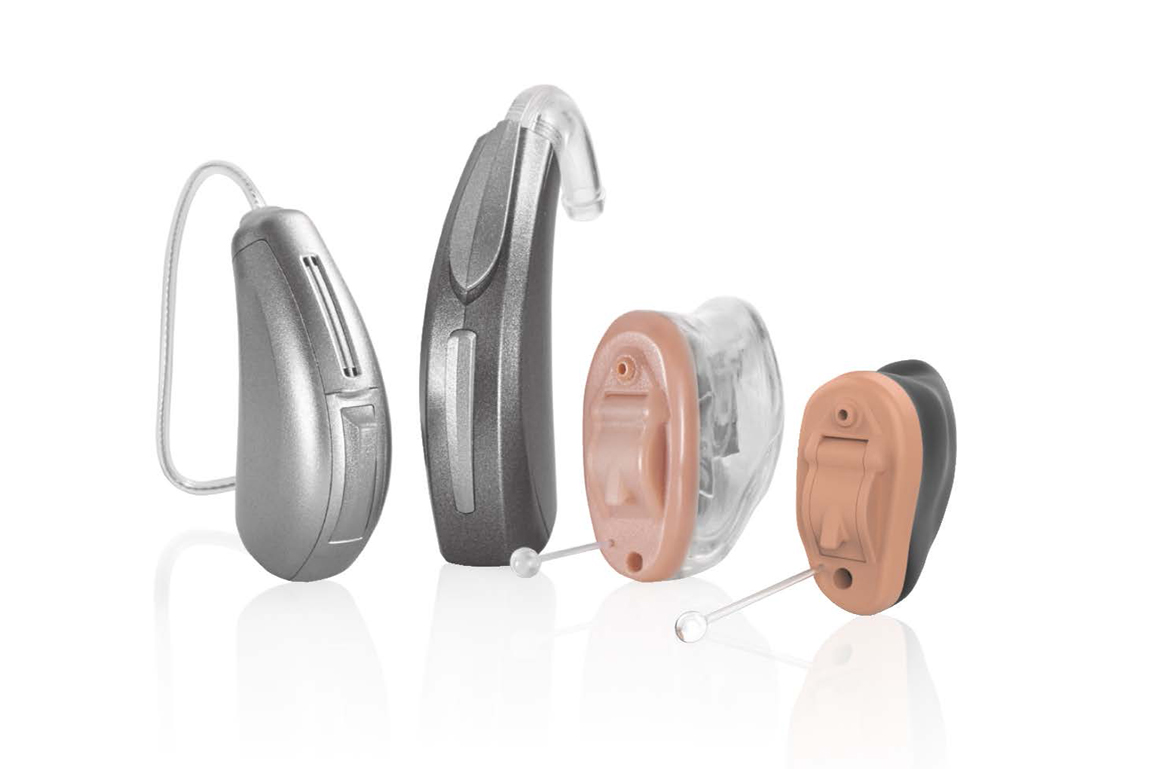West Georgia Hearing Services has been serving the audiology needs of the Columbus, GA and Phenix City, AL area since 2007. Our practice is staffed with a Board-Certified Hearing Specialist. Our specialist is experienced in evaluating and treating adult hearing health with the latest technology and most advanced, competitively priced hearing aids all in a spacious, comfortable environment.
Our advanced testing includes a comprehensive audiogram with air, bone, and speech testing.
At West Georgia Hearing Services, we recognize that hearing well leads to a more fulfilled life. Schedule your appointment today! Your free complimentary hearing evaluation awaits. Call us (706-323-3491) to schedule an appointment or click here to access our online appointment form.
West Georgia Eye Care Center offers comprehensive hearing testing using state-of-the-art hearing evaluation equipment in a spacious, comfortable room. The testing includes a comprehensive audiogram with air, bone, and speech.
Types of Hearing Loss
Sensorineural hearing loss (SNHL)
The most common type of hearing loss. More than 90 percent of all hearing aid wearers have sensorineural hearing loss. The most common causes of sensorineural hearing loss are age-related changes in hearing and noise exposure. People with sensorineural hearing loss typically report they can hear people speak, but can’t understand what they’re saying. People with sensorineural hearing loss often complain “everyone mumbles”. Also, they usually hear better in quiet environments and have difficulty understanding conversation over the telephone.
Tinnitus
Tinnitus is a condition in which you hear noises when there is no outside source of the sounds. The noises can have many different qualities (ringing, clicking, buzzing, roaring, whistling, or hissing) and can be soft or loud.
Usually, only the person experiencing the tinnitus can hear the sounds. Tinnitus can occur either with or without hearing loss, and can be perceived in one or both ears or in the head.
Conductive hearing loss
Occurs when sound waves are not conducted efficiently through the outer ear, tympanic membrane (eardrum), or middle ear (ossicles bones), resulting in a reduction of loudness. Conductive hearing loss may result from earwax blocking the ear canal, fluid in the middle ear, middle ear infection, obstruction in the ear canal, perforations (hole) in the eardrum or problems with the middle ear bones. Patients with a conductive hearing loss should be referred to a physician for medical treatment prior to hearing amplification.
Mixed hearing loss
Mixed hearing loss is a sensorineural hearing loss combined with a conductive hearing loss. For example, a patient may have a noise induced hearing loss and a middle ear infection.










